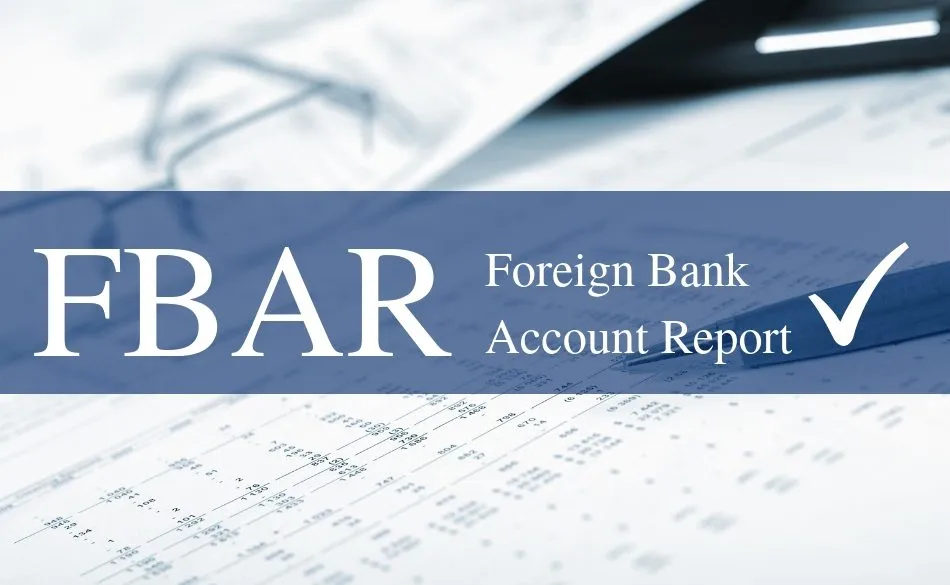 WhatsApp
WhatsApp
 Call Us
Call Us
 Email Us
Email Us
 Whatsapp Community
Whatsapp Community

The recent move by the Income Tax Department in India has sent shockwaves through the Indian community with property investments in Dubai. Approximately 100 wealthy Indians have been served notices by the Foreign Asset Investigation Unit (FAIU), a specialized wing of the Income Tax Department, for allegedly undeclared foreign assets. Triggered by information shared by UAE authorities on Indian passport holders who spent less than 90 days in the UAE, these notices aim to crack down on undeclared overseas properties, especially in real estate hotspots like Dubai.
Dubai has become a sought-after investment destination for wealthy Indians, drawn by flexible payment plans, tax-free gains, and impressive appreciation in property values. However, Indian tax authorities usually receive data on foreign bank accounts, stock investments, and trusts—not real estate. This time, thanks to a special information-sharing initiative from the UAE, the FAIU obtained comprehensive data on property ownership by Indians in Dubai, a city known for its attractive real estate deals.
The FAIU’s notices primarily demand proof that funds used to purchase Dubai properties were legally sourced, declared, and taxed. Buyers must demonstrate that the money used aligns with official remittance channels such as the Liberalised Remittance Scheme (LRS). Understanding income tax for NRIs is essential, as failure to provide valid sources or non-disclosure in the Foreign Assets (FA) schedule of the income tax return could lead to severe penalties under the Black Money (Undisclosed Foreign Income and Assets) and Imposition of Tax Act, 2015.
For individuals who can’t verify or document their funding sources, penalties could be harsh, potentially exceeding the asset’s actual value. However, if the origin of funds can be established and properly disclosed, taxpayers may avoid penalties under the Black Money Act.
Residency status plays a critical role in international tax matters. In the UAE, individuals who spend over 90 days in the country gain UAE residency status, while those residing for over 181 days can benefit from the Double Taxation Avoidance Agreement (DTAA) between India and the UAE. This treaty protects UAE residents from certain Indian tax obligations. The current data exchange appears limited to Indians who haven’t met UAE residency thresholds, meaning those who qualify as UAE residents may not be impacted by these notices.
Dubai real estate projects offer various attractive schemes, such as down payments as low as 10% and instalment plans over several years. While popular, some of these investments raise compliance concerns under the Liberalised Remittance Scheme (LRS), which allows an Indian resident to remit up to $250,000 per year for overseas investments, including property. However, properties bought for investment (especially those sold before completion) may sometimes be at odds with LRS guidelines.
It’s important to note that the Automatic Exchange of Information (AEOI) agreement between India and the UAE primarily covers financial accounts, not real estate. Yet, recent information-sharing efforts, including data on Dubai real estate, suggest a trend toward increased transparency. Dubai’s property market, from luxury apartments to affordable studio options, has drawn interest from both high-net-worth individuals and middle-income Indian investors, adding new layers to India’s overseas tax compliance initiatives.
As India heightens its scrutiny of undisclosed foreign assets, this latest action underscores the need for Indian residents with foreign property to ensure full compliance with Indian tax laws on foreign assets. Non-resident Indians (NRIs) and Indian residents alike must prioritize transparent investment practices, particularly for properties in the UAE, to avoid costly fines and penalties. With increasing data-sharing between nations, the onus is on taxpayers to ensure all foreign investments are fully disclosed.
To ensure compliance and avoid penalties under India’s Black Money Act:
Declare all foreign assets: Ensure all overseas properties are reported in your Foreign Asset (FA) schedule in your Indian income tax returns.
Use LRS appropriately: If remitting funds under LRS, ensure investments align with RBI guidelines.
Consult tax experts: Given the complexities of international tax law, consult with tax advisors experienced in cross-border compliance to ensure your foreign investments are fully compliant.
Stay Ahead with Expert Guidance
If you own property in Dubai or other foreign assets, now is the time to review your compliance strategy. At Dinesh Aarjav & Associates, we specialize in NRI tax advisory services, foreign asset disclosure guidance, and compliance with the Black Money Act. Whether you're planning to invest overseas or need assistance with existing foreign assets, our team of international tax experts is here to help.
Stay informed, stay compliant, and avoid potential tax issues with proactive advice and planning. For more insights on international tax regulations and investment compliance, explore our blog at dineshaarjav.com and keep up with the latest in tax and financial news.







Stay in the loop, subscribe to our newsletter and unlock a world of exclusive updates, insights, and offers delivered straight to your inbox.